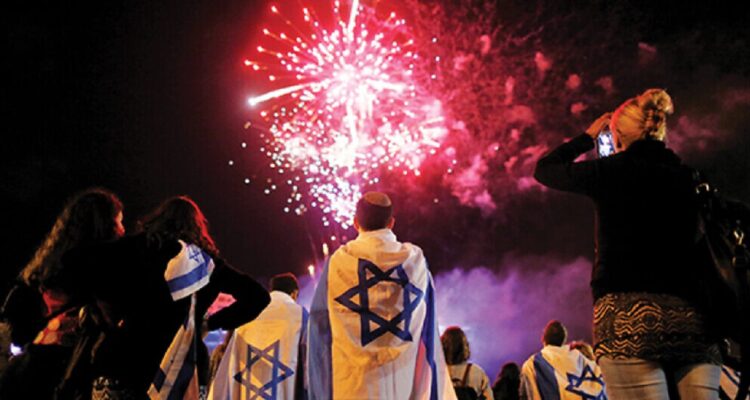The celebrations of Israel’s 75th anniversary since its foundation were bittersweet. On the one hand, it was a time to celebrate the creation of a vibrant and strong Jewish state from the ashes of the Holocaust; on the other hand, today Israel is facing challenges of internal divisions that are threatening the very fabric of its society.
At the end of nineteenth century, there were two divergent views on how to solve what was known as “The Jewish Problem” in Europe. In 1897, the first Zionist Congress was held in Basle, under the leadership of Theodore Herzl, and with the vision of removing the Jews from Europe and creating an independent Jewish state with Hebrew as its language. In the same year, what is known as “The Bund” was created in Eastern Europe, with the aim of fighting for socialism and equal rights for Jews. This was to be based on Yiddish culture, replacing the autocratic rule of the German, Austro-Hungarian, and Tsarist Russian Empires.
The destruction of European Jewry during World War II resulted in the murder of 90 percent of Polish Jewry and, together with the post-war Communist takeover of Eastern Europe, marked the end of the Bundist movement – it survived but only at the fringes in New York, Argentina, and Melbourne. But, on the other hand, the Zionist vision was realised on 29 November 1947, with United Nations General Assembly (UNGA) Resolution 181 affirming the partition of Palestine into a Jewish and Arab state.
Read the article by Dr Suzanne D Rutland in Australian Outlook from the Australian Institute of International Affairs

